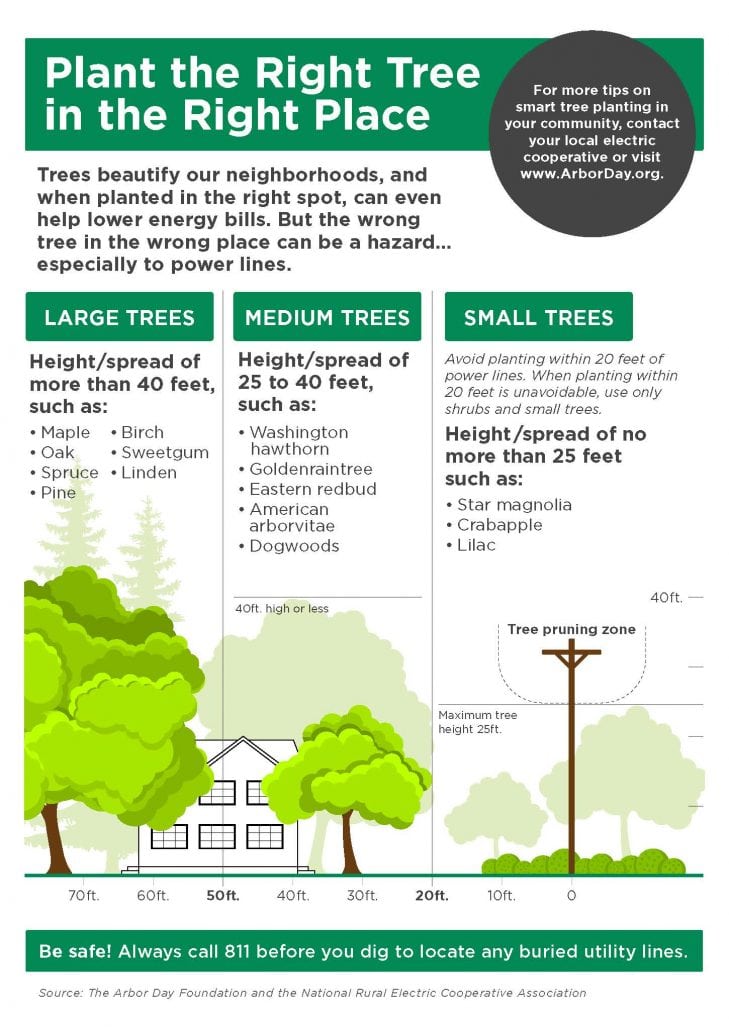During harvest season, many farmers reap the benefits of advancement in agricultural technology. With the help of GPS auto-steer devices, farmers are able to decrease driver error and maximize productivity. Yet despite these advances, safety risks remain. To help farmers stay out of harm’s way, Safe Electricity shares tips for a safe harvest.
GPS with auto-guidance provides farmers with real-time location data about a field, which can be used for crop planning, map making, navigation assistance and machinery guidance. During harvest, this technology allows drivers to have their hands off the steering wheel as the combine maneuvers itself through the field. Thanks to this technology, farmers can more easily and efficiently maintain accuracy even during low-light conditions, which enhances productivity.
“One critical part of safety around electricity is awareness,” explains Kyla Kruse, communications director of the Safe Electricity program. “It’s important to remember that farm machinery is vulnerable to hitting power lines because of its large size, height and extensions. Being aware of the location of overhead power lines and planning a safe equipment route can help reduce accidents.”
In equipment with auto-guidance systems, less focus is needed on steering, which may lead some drivers to think that they do not need to be as aware of navigation issues. However, even while using a GPS with auto-steering, farm workers need to keep safety in mind and stay focused on their surroundings.
Putting safety first requires alertness, focus and knowledge of potential hazards and safety steps. Varying pass-to-pass accuracy levels and potential issues, such as power poles not being correctly plotted in the system, reinforce the need for drivers to stay focused on the location of the farm equipment while in the field and to be ready to take action if necessary.
Regardless the technology used on the farm, keep the following electrical safety guidelines in mind:
- Use a spotter when operating large machinery near power lines.
- Keep equipment at least 10 feet from power lines—at all times, in all directions.
- Look up and use care when moving any equipment such as extending augers or raising the bed of grain trucks around power lines.
- Inspect the height of farm equipment to determine clearance.
- Always set extensions to the lowest setting when moving loads to prevent contact with overhead power lines. Grain augers should always be positioned horizontally before being moved.
- Never attempt to move a power line out of the way or raise it for clearance.
- If a power line is sagging or low, contact your local electric cooperative.
If your equipment does make contact with a power line, do not leave the cab. Immediately call 911, warn others to stay away and wait for the utility crew to cut the power.
The only reason to exit equipment that has come into contact with overhead lines is if the equipment is on fire, which is rare. However, if this is the case, jump off the equipment with your feet together and without touching the ground and machinery at the same time. Then, still keeping your feet together, hop to safety as you leave the area.
For more information on electrical safety, visit everydaysafe.org.


